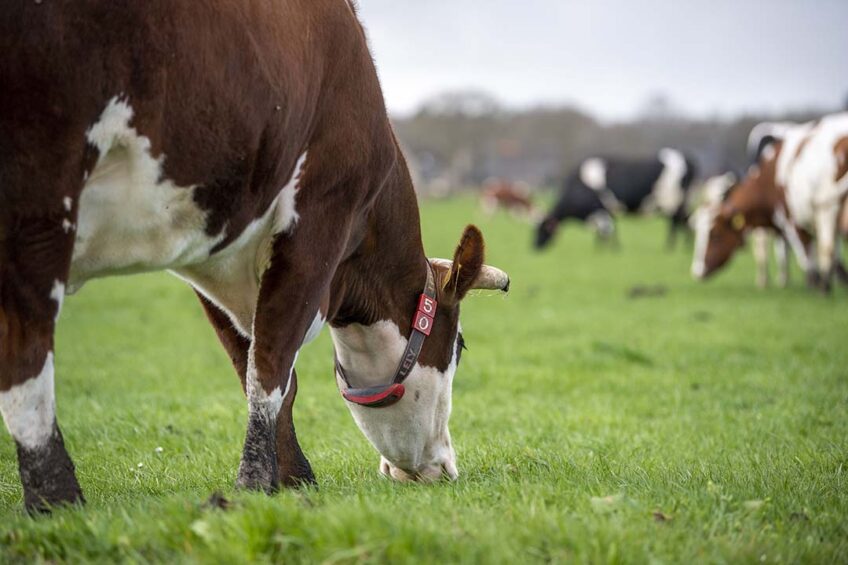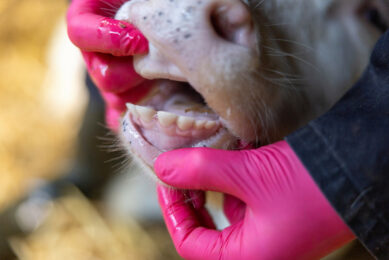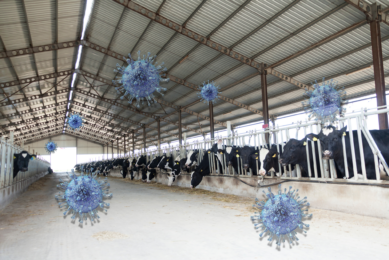UK gov widens scope of PCR testing for bovine TB

Hopes to rapidly detect bovine TB in British cattle herds have been boosted with the announcement that the Polymerase Chain Reaction (PCR) test will now be applied to wider range of bTB post-mortem test samples.
The announcement follows a year of testing by the UK’s Animal and Plant Health Agency (APHA) to aid rapid detection of the bacterium, Mycobacterium bovis (M. bovis), which is responsible for bTB.
From this week (14 February), the APHA will expand the use of PCR testing in England, Scotland and Wales to include suitable post-mortem tissue samples collected from 3 areas:
- Cattle that have tested positive for bTB
- Direct Contacts (DCs)
- Privately or compulsory slaughtered or dead inconclusive reactors (IRs).
The current method of testing of tissue samples, microbiological culture, will now only be applied to specific PCR test-positive samples, either to aid disease investigations by obtaining Whole Genome Sequencing information or if a valid PCR result is not achieved.
“…a significant step”
The announcement has been welcomed by the farming community. Tom Bradshaw, NFU deputy president, said the expansion of PCR testing was a significant step and had been called for by the union for some time. “Swift disclosure of test results will help to alleviate the intense pressure on farmers during a TB breakdown and may offer additional certainty to how that breakdown will be managed,” he stressed.
Although microbiological culture is seen as the gold standards of testing, it typically takes from 6-22 weeks to obtain a result and using PCR could help provide a timely resolution of a suspected TB breakdown. Detecting M. bovis in post-mortem samples should generally be achieved more quickly.
The approach and procedures for managing a TB breakdown will remain unchanged.
Join 13,000+ subscribers
Subscribe to our newsletter to stay updated about all the need-to-know content in the dairy sector, two times a week.










